“What Shall I Do That I May Inherit Eternal Life?”
Mark 10:17–30; 12:41–44; Luke 12:13–21; 14; 16
LDS manual: here
Purpose
To encourage readers to reject bad advice given by Jesus, along with the immoral doctrine of Hell.
Reading
Here are the main themes for this lesson:
- It’s bad to be rich
- Don’t plan for the future
- You will be tortured with fire forever if you are bad (or rich).
The first one is maybe a bit iffy, the second is just plain terrible advice, and the third one is the most immoral doctrine in all of Christianity.
In other words, the scriptures in this lesson are the blurst. Let’s take them by course.
Main ideas for this lesson
The rich young man
We start with a rich young man who wants to follow Jesus.
Mark 10:17 And when he was gone forth into the way, there came one running, and kneeled to him, and asked him, Good Master, what shall I do that I may inherit eternal life?
10:18 And Jesus said unto him, Why callest thou me good? there is none good but one, that is, God.
Burn!
Mark 10:19 Thou knowest the commandments, Do not commit adultery, Do not kill, Do not steal, Do not bear false witness, Defraud not, Honour thy father and mother.
10:20 And he answered and said unto him, Master, all these have I observed from my youth.
10:21 Then Jesus beholding him loved him, and said unto him, One thing thou lackest: go thy way, sell whatsoever thou hast, and give to the poor, and thou shalt have treasure in heaven: and come, take up the cross, and follow me.
10:22 And he was sad at that saying, and went away grieved: for he had great possessions.
10:23 And Jesus looked round about, and saith unto his disciples, How hardly shall they that have riches enter into the kingdom of God!
Christians tend to gloss over this scripture, and they’re certainly not keen to give all their money away, as nonstampcollector has pointed out.
The creator of Russell’s Teapot has also lampooned the Christian tendency to take everything literally, except that one scripture.
And even though I have my views on income inequality and how bad it is for society as a whole, I still have a hard time condemning all wealth as evil. I think of Elon Musk, who’s doing a lot to help humanity in the areas of energy, transport, and space travel, and not coincidentally making a pile of dough off of it. I suppose most rich people aren’t Elon Musk.
But what I really want to point out here — once again — is that this scripture is evidence that Christianity was an end-of-the-world cult. Believers were taught that the end was coming very soon, within the lifetimes of people who were alive then. It makes no sense to say, “Sell everything, give it away, and follow me” if you have to then go on to live a normal life. But it makes a lot of sense if you think the world is going to end in a few years.
The end-of-the-world theme continues in Jesus’ next discourse.
Don’t care for your life, and don’t work
Luke 12:22 And he said unto his disciples, Therefore I say unto you, Take no thought for your life, what ye shall eat; neither for the body, what ye shall put on.
12:23 The life is more than meat, and the body is more than raiment.
12:24 Consider the ravens: for they neither sow nor reap; which neither have storehouse nor barn; and God feedeth them: how much more are ye better than the fowls?
12:25 And which of you with taking thought can add to his stature one cubit?
12:26 If ye then be not able to do that thing which is least, why take ye thought for the rest?
12:27 Consider the lilies how they grow: they toil not, they spin not; and yet I say unto you, that Solomon in all his glory was not arrayed like one of these.
12:28 If then God so clothe the grass, which is to day in the field, and to morrow is cast into the oven; how much more will he clothe you, O ye of little faith?
Again, this advice makes no sense in a normal life plan. It’s terrible advice! But if the world is going to end, it makes a lot of sense.
The good news is that the world isn’t going to end, as least not in ways that doomsday prophets have anticipated. Many have predicted the end of the world (with an unsavoury amount of anticipation), and they’ve always been wrong.
So what are believers supposed to do about this? Again: sell errything.
Luke 12:33 Sell that ye have, and give alms; provide yourselves bags which wax not old, a treasure in the heavens that faileth not, where no thief approacheth, neither moth corrupteth.
Cough it up, Christians.
Jesus is come to divide families
Jesus explains that he’s more important than family. This is SMO for a cult leader.
Luke 12:51 Suppose ye that I am come to give peace on earth? I tell you, Nay; but rather division:
12:52 For from henceforth there shall be five in one house divided, three against two, and two against three.
12:53 The father shall be divided against the son, and the son against the father; the mother against the daughter, and the daughter against the mother; the mother in law against her daughter in law, and the daughter in law against her mother in law.
We’re even supposed to hate our family — and our own lives.
Luke 14:26 If any man come to me, and hate not his father, and mother, and wife, and children, and brethren, and sisters, yea, and his own life also, he cannot be my disciple.
Is it any wonder that members treat unbelieving family so awfully sometimes?
This is why it’s wrong to say that the church supports the family. As I’ve said before, its aim is to supplant the family. And this goes back to Jesus.
Rich man and Lazarus
But even that’s not as immoral as his teachings about hell. As in many other scriptures, Jesus teaches about torture in hell with actual fire.
Luke 16:19 There was a certain rich man, which was clothed in purple and fine linen, and fared sumptuously every day:
16:20 And there was a certain beggar named Lazarus, which was laid at his gate, full of sores,
16:21 And desiring to be fed with the crumbs which fell from the rich man’s table: moreover the dogs came and licked his sores.
Ew.
16:22 And it came to pass, that the beggar died, and was carried by the angels into Abraham’s bosom: the rich man also died, and was buried;
16:23 And in hell he lift up his eyes, being in torments, and seeth Abraham afar off, and Lazarus in his bosom.
16:24 And he cried and said, Father Abraham, have mercy on me, and send Lazarus, that he may dip the tip of his finger in water, and cool my tongue; for I am tormented in this flame.
16:25 But Abraham said, Son, remember that thou in thy lifetime receivedst thy good things, and likewise Lazarus evil things: but now he is comforted, and thou art tormented.
Mormons, like many other denominations who have found the idea of eternal torture distasteful, tend to soft-pedal the doctrine of hell — and ignore the words of Jesus in the process. They say it’s something nebulous like “separation from God”. (Can I just say that separation from God is amazing, and everyone should try it.)
On the other hand, you’d be amazed at how many Christians I’ve talked to who, in confidence, have admitted that they do believe in the reality of hell with fire and torture and ouches. Think of that. They believe that the punishment for lack of belief — not misbehaviour, but misbelief — should be eternal torture. They think I deserve pain for the rest of eternity, because I don’t believe the same as their god does. How moral is that?
And let’s not pretend that the doctrine of hell is entirely absent from Mormonism. It’s still there.
It doesn’t matter for this discussion whether hell is literal fire or just solitary confinement. Both are cruel. Both are immoral forms of punishment. A punishment of infinite duration for crimes of finite duration is not moral.
When I mention this, Christians and Mormons tell me, “No, but you see, you’re missing the point. God provided Jesus as a way of avoiding hell. He doesn’t want you to go there!”
Which doesn’t help. Who created the punishment in the first place? It’s like an arsonist who starts fires, puts them out, and expects a great reward for rescuing people from the fire. God is only trying to save people from a punishment he created.
Here’s another angle. Who is the doctrine of hell designed to work on? Not unbelievers — threatening someone with hell who doesn’t believe in it is quite ineffective.
No, this idea is designed to frighten the people who are already on board. I could understand if Jesus were threatening those who oppose him. But it’s a singularly despicable move for Jesus to threaten the people who believe in him.
And here’s the kicker: This being — who tortures people for eternity — isn’t reviled as evil. No, he’s hailed as the ultimate good guy.
No only that — he’s meant to be worshipped. Not just tolerated and welcomed into polite society, but actually worshipped for this.
If anyone else did the things that the Christian god is going to do, you’d lock him up. But since it’s capital G God, he gets a pass.
Imagine also: You’re supposed to be happy in heaven, while those you love are [ broasting in hell | sentenced to isolation | relegated to servitude ] for eternity. How would one be able to enjoy eternity knowing this?
Russel’s Teapot again:
The concept of hell is damaging to children. It is a form of mental abuse — different from sexual abuse, but still damaging. Richard Dawkins writes:
I received a letter from an American woman in her forties who had been brought up Roman Catholic. At the age of seven, she told me, two unpleasant things had happened to her. She was sexually abused by her parish priest in his car. And, around the same time, a little schoolfriend of hers, who had tragically died, went to hell because she was a Protestant. Or so my correspondent had been led to believe by the then official doctrine of her parents’ church. Her view as a mature adult was that, of these two examples of Roman Catholic child abuse, the one physical and the other mental, the second was by far the worst. She wrote
“Being fondled by the priest simply left the impression (from the mind of a 7 year old) as ‘yucky’ while the memory of my friend going to hell was one of cold, immeasurable fear. I never lost sleep because of the priest – but I spent many a night being terrified that the people I loved would go to Hell. It gave me nightmares.”
Fortunately, the concept of hell is recognised by many people for the immoral doctrine it is. Robert Ingersoll, a pioneering atheist in the late 1800s, wrote:
THE idea of a hell was born of revenge and brutality on the one side, and cowardice on the other. In my judgment the American people are too brave, too charitable, too generous, too magnanimous, to believe in the infamous dogma of an eternal hell. I have no respect for any human being who believes in it. I have no respect for any man who preaches it. I have no respect for the man who will pollute the imagination of childhood with that infamous lie. I have no respect for the man who will add to the sorrows of this world with the frightful dogma. I have no respect for any man who endeavours to put that infinite cloud, that infinite shadow, over the heart of humanity.
If there is a God who will damn his children forever, I would rather go to hell than to go to heaven and keep the society of such an infamous tyrant.
— Robert Green Ingersoll, “The Liberty Of All” (1877)
And Christopher Hitchens pointed out that this was an innovation that starts with Jesus.
Not until gentle Jesus, meek and mild, are you told if you don’t make the right propitiations you can depart into everlasting fire. One of the most wicked ideas ever preached and one that has ruined the lives and peace of mind of many, many children…preached to them by vicious, child-hating old men and women in the name of this ghasty cult.
Transcript for people who can’t watch videos
Well, it’s here that we find something very sinister about monotheism and about religious practice in general: It is incipiently at least — and I think often explicitly — totalitarian. I have no say in this. I am born under a celestial dictatorship which I could not have had any hand in choosing. I don’t put myself under its government. I am told that it can watch me while I sleep. I’m told that it can convict me of — here’s the definition of totalitarianism — thought crime, for what I think I may be convicted and condemned. And that if I commit a right action, it’s only to evade this punishment and if I commit a wrong action, I’m going to be caught up not just with punishment in life for what I’ve done which often follows axiomatically, but, no, even after I’m dead. In the Old Testament, gruesome as it is, recommending as it is of genocide, racism, tribalism, slavery, genital mutilation, in the displacement and destruction of others, terrible as the Old Testament gods are, they don’t promise to punish the dead. There’s no talk of torturing you after the earth has closed over the Amalekites. Only toward when gentle Jesus, meek and mild, makes his appearance are those who won’t accept the message told they must depart into everlasting fire. Is this morality, is this ethics? I submit not only is it not, not only does it come with the false promise of vicarious redemption, but it is the origin of the totalitarian principle which has been such a burden and shame to our species for so long.
I do not like being threatened. And while you may be able to threaten someone into behaving, you can’t threaten them into being good.
Additional lesson ideas
Camels and needles
LDS culture doesn’t seem to mind prosperity, and yet Jesus was rather unambiguous about how rich people will fare in the next life.
Mark 10:25 It is easier for a camel to go through the eye of a needle, than for a rich man to enter into the kingdom of God.
Does that mean it’s bad to be rich? Usually in Gospel Doctrine, there are some noises about how people need to help the poor, but there’s nothing wrong with being rich per se. And that’s where it gets left.
But this scripture reminds me of a formative experience on my mission.
As a missionary, I read the Ensign magazine a lot. I really liked “I Have a Question” because it was kind of myth-busty sometimes. So I liked this article:
Jesus once said, “It is easier for a camel to go through the eye of a needle, than for a rich man to enter into the kingdom of God.” (Matt. 19:24.) Can you give me some background on this statement?
John A. Tvedtnes, specialist in ancient Near Eastern studies and instructor at the Brigham Young University–Salt Lake Center. Over the years, biblical commentators have taken three approaches in exploring the meaning of this scripture. The first of these has found wide acceptance among Christians because of the beauty of its teachings. It holds that in ancient times there was a small gate cut inside the larger gate of the city through which one might enter after nightfall, when the city was closed. Although this small gate—termed the “eye of the needle”—could readily admit a man, a camel could enter only by first being relieved of its burden and then by walking through on its knees. The imagery here is that of the sinner casting away his faults (or the rich man his worldly possessions) and kneeling in prayer.
Unfortunately, there are problems with this beautiful explanation. One is that the camel’s anatomy does not permit it to crawl on its knees. More serious, however, is the fact that there is absolutely no evidence whatsoever of the use of such small inset gates in the time of Christ. One may see them today in Jerusalem and Damascus, where the local tour guides will call them by the term “eye of the needle,” but there are no such gates dating prior to the twelfth century A.D. Moreover, the guides have taken the term “eye of the needle” from modern commentators of the Matthew passage and not from an authentic ancient tradition.
Soon after reading this, the bishop gave a lesson in Elders’ Quorum, and what do you know, this scripture came up. However, the bishop seemed unaware of the above Ensign article, which I and a few other elders had read. So he spoke of a book by Spencer W. Kimball, in which he supposedly told the whole camel story, complete with the camel hobbling through the gate on its knees. He was so impressed with the symbolism.
You can imagine what I did, as the smart-alec punk kid that I was. I raised my hand and said, “Um, actually, I read that that wasn’t true,” and then I explained what was said in the foregoing article. A few other missionaries hesitantly nodded along.
The bishop didn’t seem to taken aback, though. Instead he just said, “Well, I still believe it, because Spencer W. Kimball wrote it in his book, and he was the prophet when he wrote it.” And the lesson moved on, and that was that.
Now I don’t know if Kimball really did write any such thing in one of his books. Perhaps he didn’t, and the bishop had the whole thing wrong. But that’s not the important part.
The important part was that I watched how a man could have a mistake explained to him, and then choose to persist in his mistake. It was a classic Appeal to Authority. And I realised, “Here is a man who does not want to know what is true. He would rather be wrong and believe in his leaders.”
Leaders could be wrong, and people would defend them and go right on believing. I never forgot this. How could I, when I was confronted with this attitude in church so many times in the decades to come?
Just to be clear on the fallacy of Appeal to Authority: it’s good to listen to people who have expertise in their field. I’ve even seen some people call the fallacy the Irrelevant Appeal to Authority, implying that not all appeal to authority is fallacious. Listening to people who know more about an area is how we learn. But there are a few caveats:
- Someone with authority can be wrong, even in their area. What matters is the evidence for the idea, not the status of the person.
- Expertise in one area does not guarantee expertise in another. Smart people can be smart, but still be prone to naive ideas outside their area of expertise. There’s at least one Nobel prize winner who’s a climate denialist, and needless to say, they didn’t win the Nobel for their work in climatology.
And of course, we need to update when we find out we’re wrong, even if it’s some know-it-all punk kid who tells us.
Everything shall be revealed
There’s a Mormon joke:
Q: Why do you always bring two Mormons with you fishing?
A: If you only bring one, they’ll drink all your beer.
The joke works because of the well-known tendency on the part of Mormons to police each other’s behaviour.
Well, here’s one scripture that works toward this.
Luke 12:2 For there is nothing covered, that shall not be revealed; neither hid, that shall not be known.
12:3 Therefore whatsoever ye have spoken in darkness shall be heard in the light; and that which ye have spoken in the ear in closets shall be proclaimed upon the housetops.
Many times when this scripture would come up in church, people would flutter. Imagine all your secrets being broadcast from the housetops! How awful!
I always wondered how this would work. Would it be one person reading out everyone’s misdeeds? Or would there be multiple houses? Maybe it would be like a music festival with different stages. You might hear someone say, “They’re reading out Brother Midgley’s sins over on 5th Street pretty soon. Shall we wander over?”
I suppose the idea might hold some appeal for people who are obsessed with other people’s peccadillos (and perhaps their sexual adventures?). But in the end, this is a way for a community to get its members to police each other’s behaviour. The housetop scenario is a fiction. There are secrets we take to the grave, for better or worse.
Blasphemy
Jesus reiterates his comments on blasphemy against the Holy Ghost.
Luke 12:10 And whosoever shall speak a word against the Son of man, it shall be forgiven him: but unto him that blasphemeth against the Holy Ghost it shall not be forgiven.
With all the immoral and harmful ideas we’ve seen in this lesson, I have no trouble saying:
Even if the god of the Bible were real, and you were to prove his existence to me, I would still fight him for being a sadistic asshole.
I am more moral than God, Jesus, and the Holy Ghost put together. (Trinity joke.) And so are you. Never let someone treat you as less than you are because you refuse to accept this immoral system.
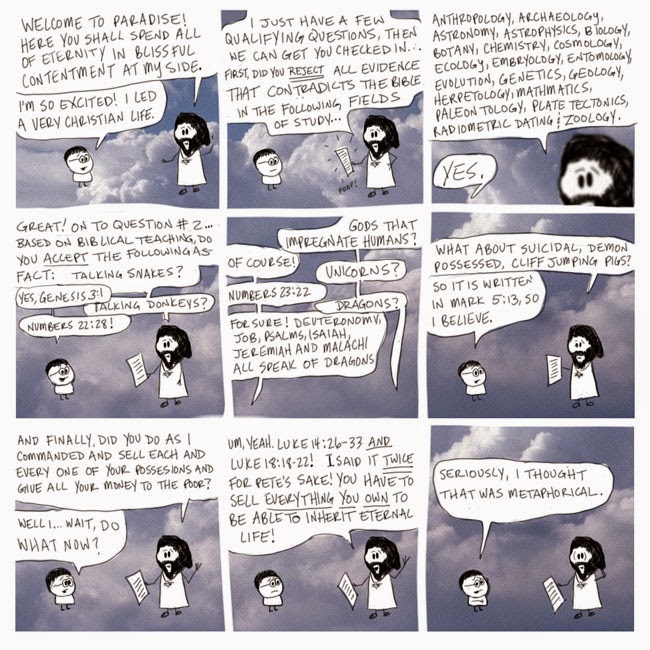
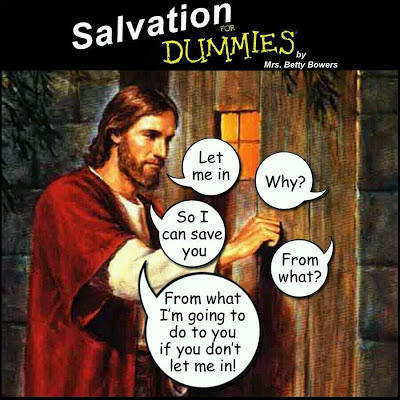




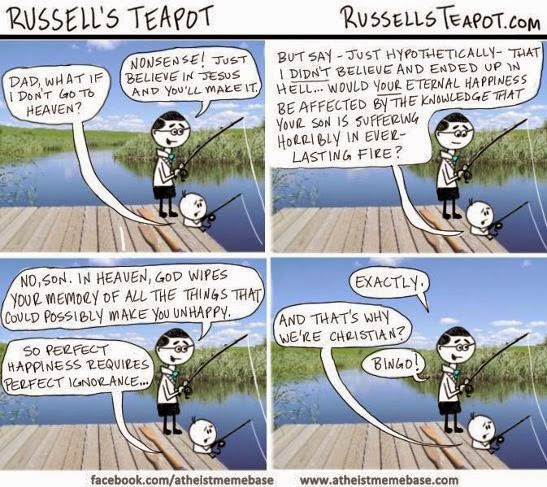

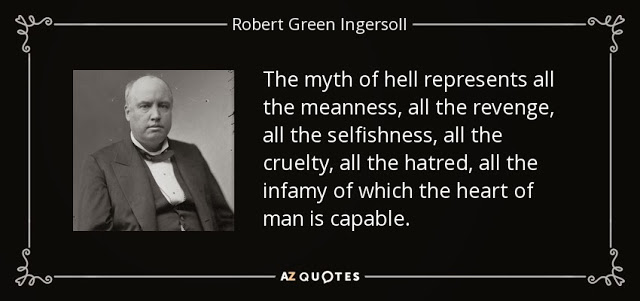












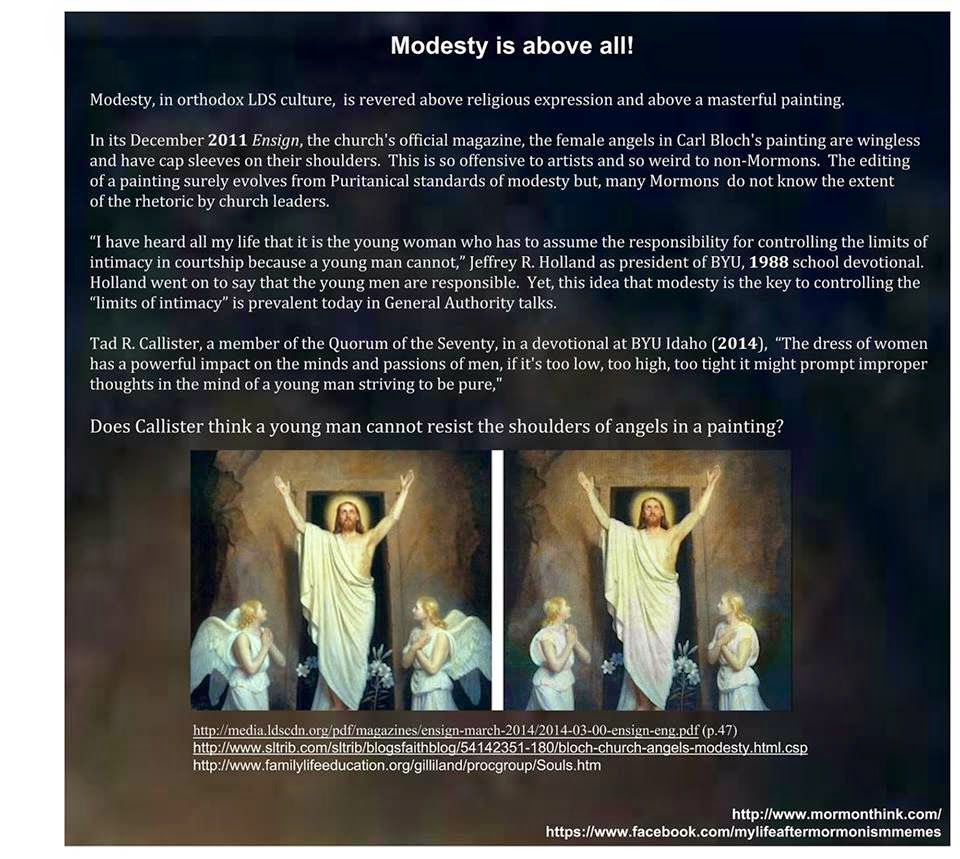
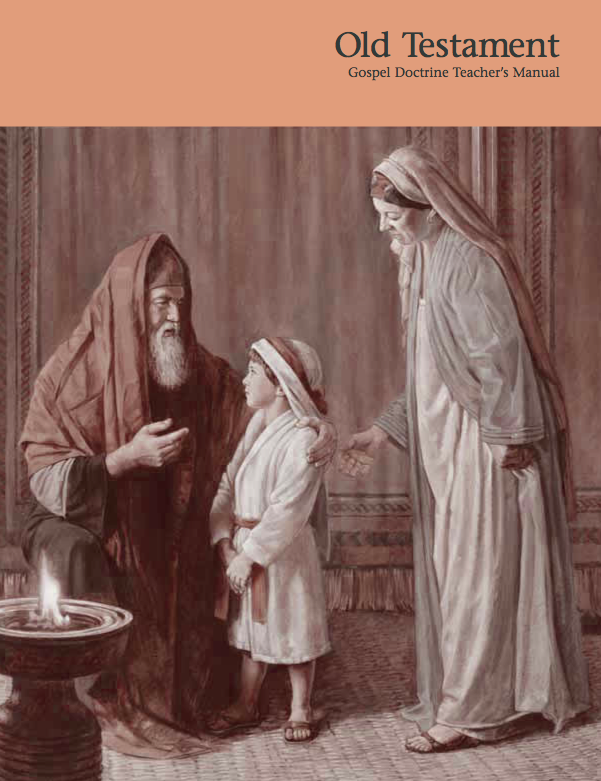
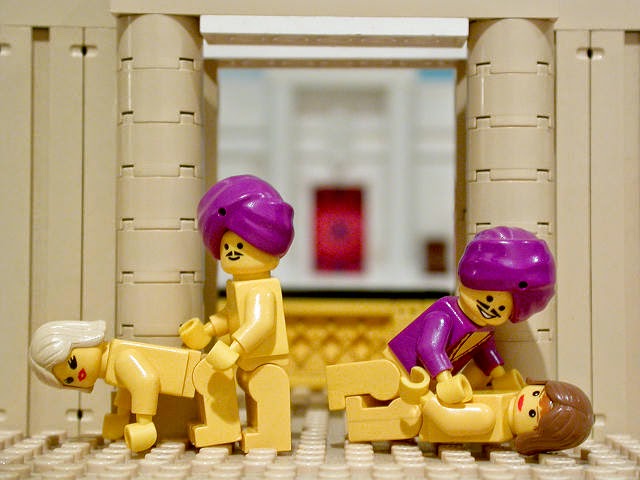
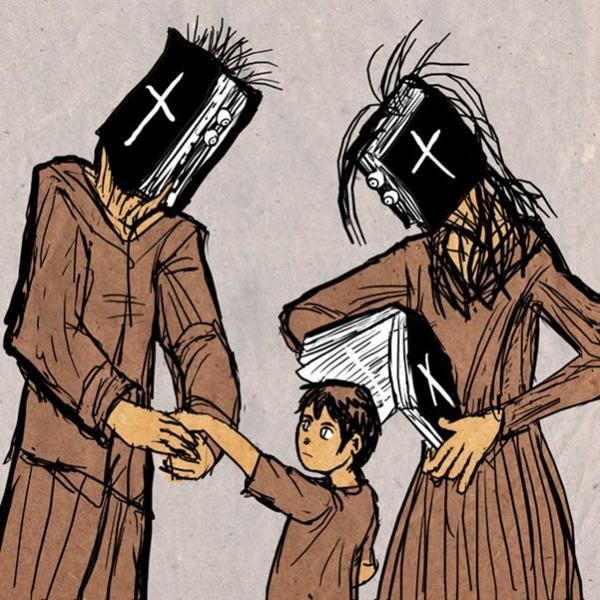





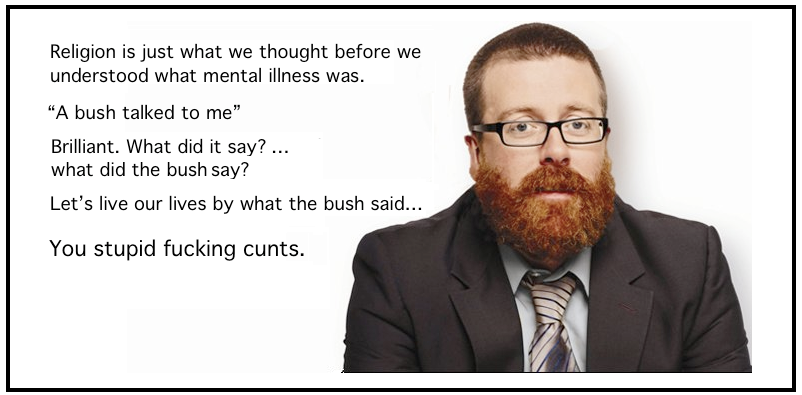
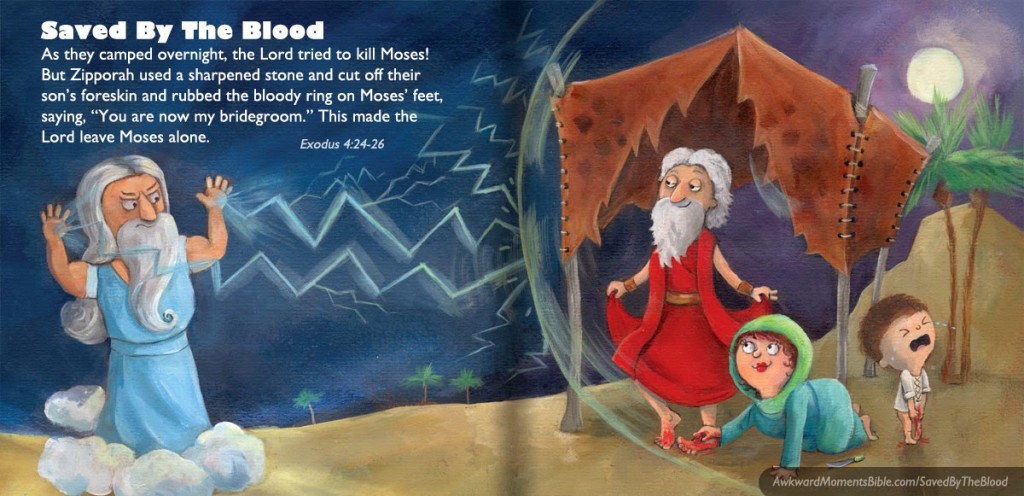
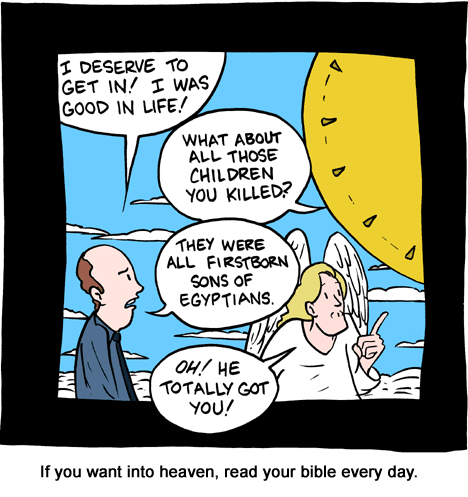





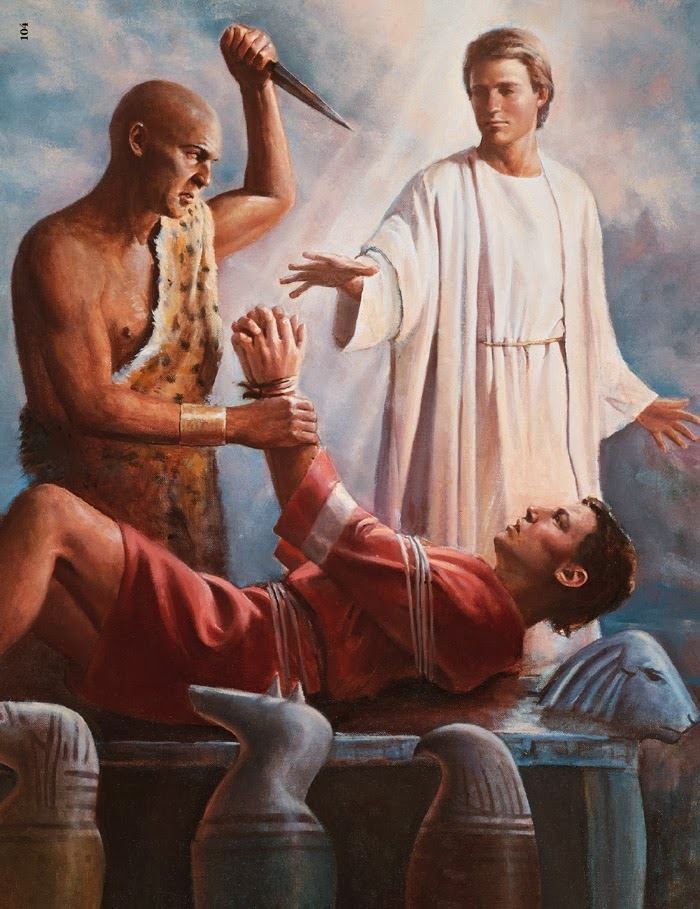


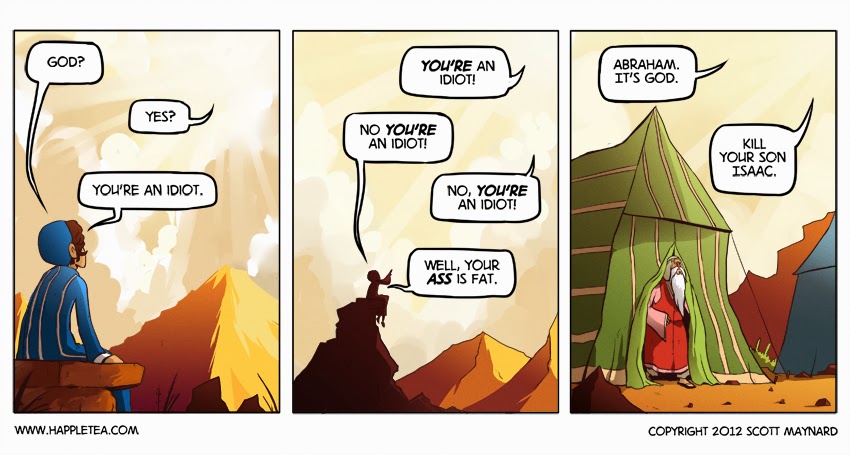
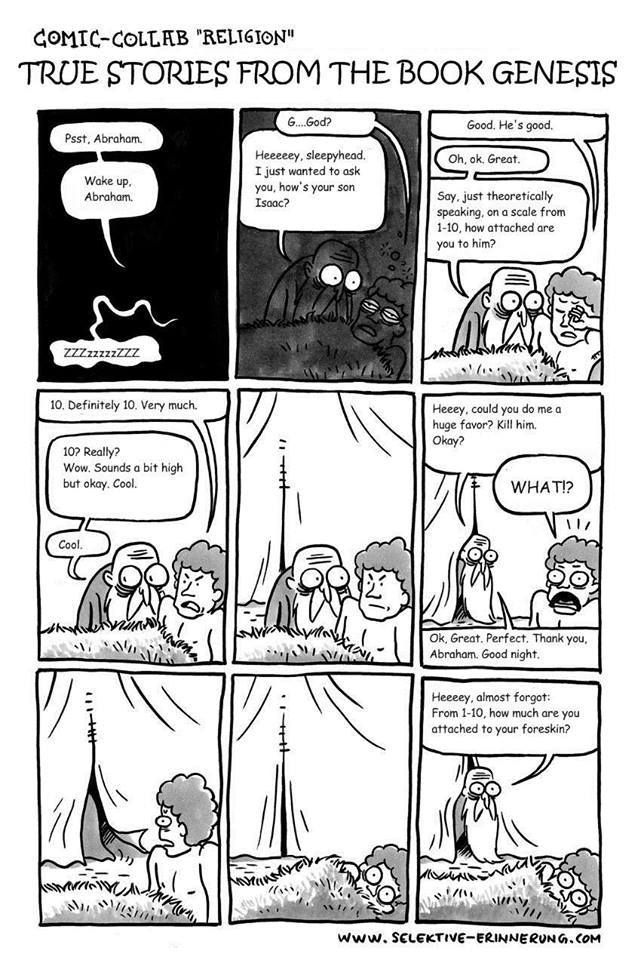
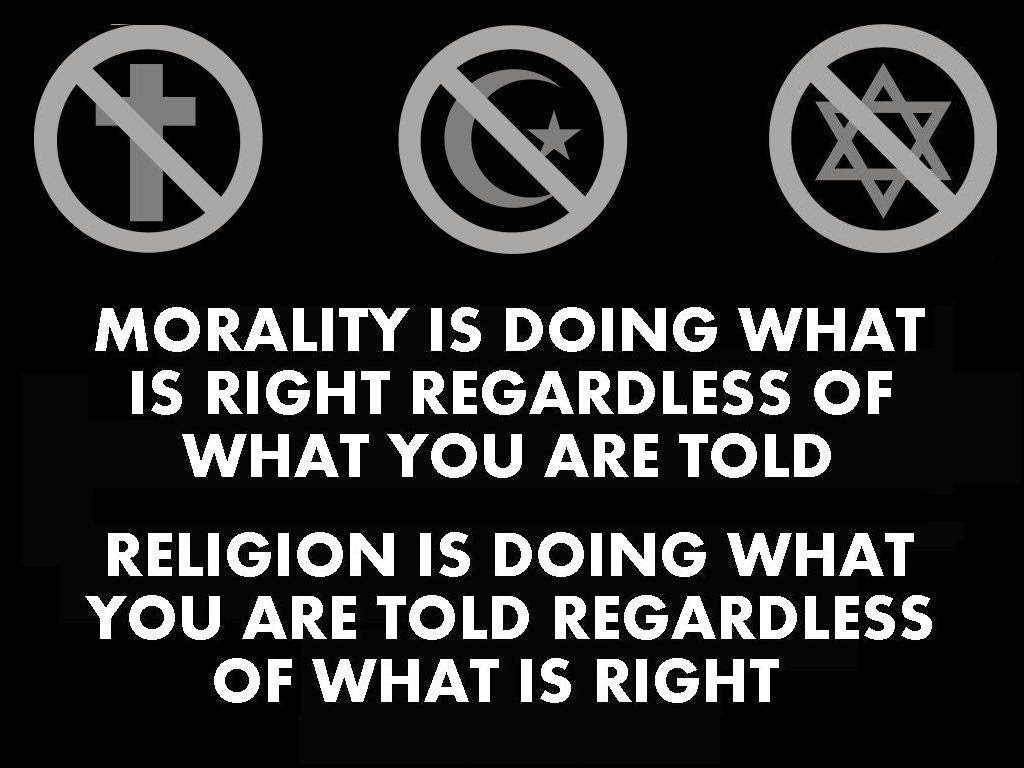
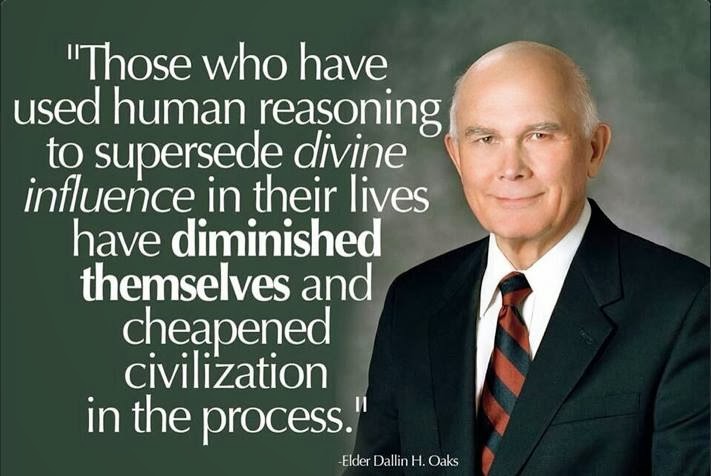
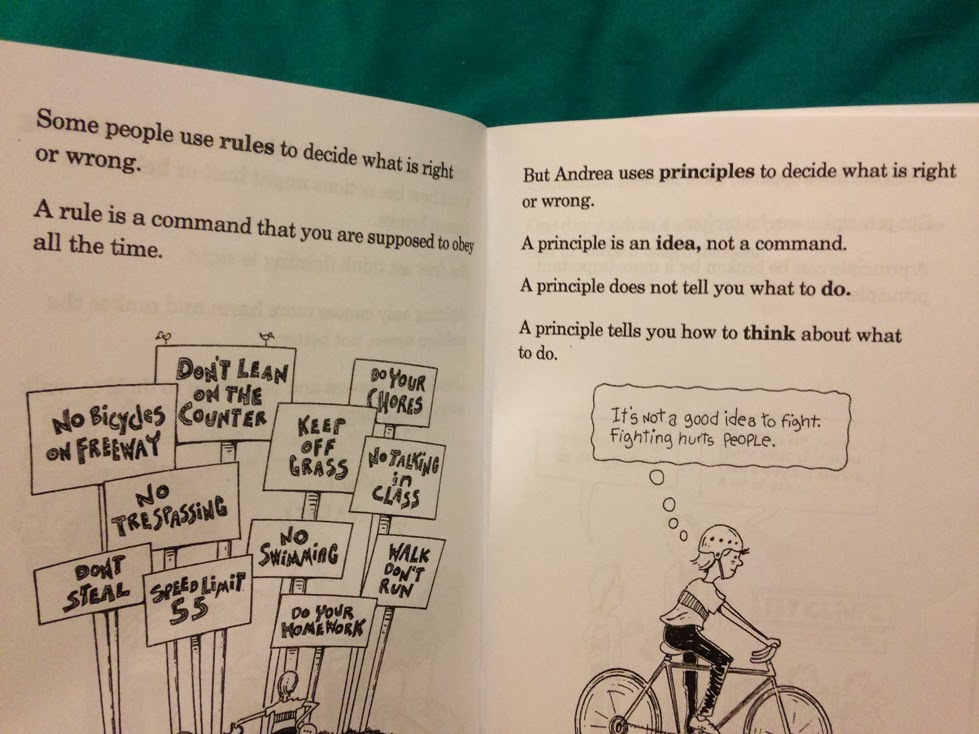





Recent Comments